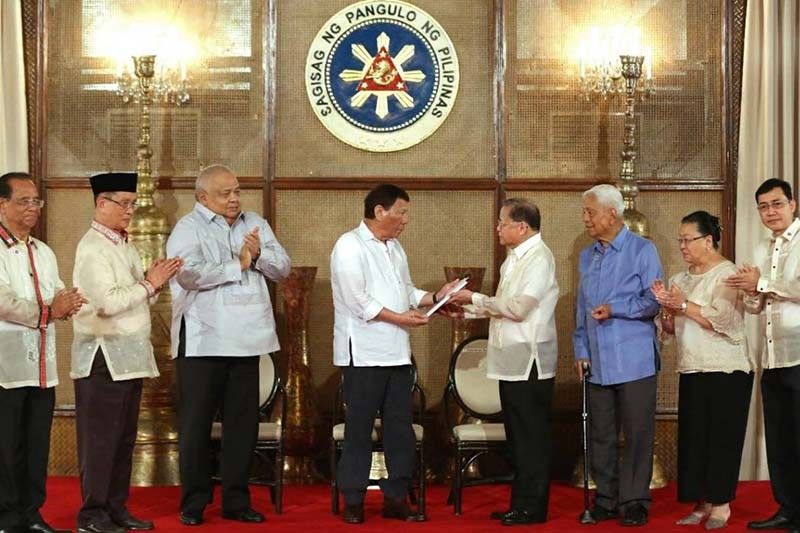Academics reject ConAss, no-elections scenario

MANILA, Philippines — Professors and scholars from different higher education institutions in the Philippines expressed opposition to the moves to amend the 1987 Constitution through Constituent Assembly and postpone 2019 midterm elections.
The academics said the process of amending the Constitution “must be much more participatory—including not just those who are for this reform, but also those who oppose it.”
“A constitution is supposed to bind our nation in common values and a shared vision. It is the very glue that should unite us all in common purpose. If we are to amend the constitution, we must invest not just in the outcome, but in the very process,” they said.
Through a vote of three-fourths of all its members, Congress may convene into a constituent assembly which gives them the power to propose both amendments and revisions to the charter.
It is one of the three ways to revise the Constitution, with the other two being through a constitutional convention, where the public can elect delegates to amend the charter, and through a people’s initiative, where voters across the country will be allowed to either approve or reject proposals. Senate President Vicente “Tito” Sotto III, however, pointed out that there has yet to be an enabling law for people’s initiative.
The professors cited the problem of political dynasties as the reason for rejecting the mode.
“Almost 80% of Congress is comprised of political dynasties, and the empirical evidence suggests that a majority of them may face deep conflict of interest if a new constitution aims for reforms that level the political playing field. The risk of capture by vested interests affecting our present politics is too great,” the professors said.
They added that the present environment is “not conducive” to reforming the Charter.
A Social Weather Stations survey showed that only one in four Filipinos was aware of federalism.
In a separate poll, Pulse Asia revealed that 66 percent of Filipinos opposed the shift in the form of government from unitary to federal.
No to no-el scenario
The academics also denounced the proposal of postponing the 2019 elections as “there are more pressing and immediate policy changes that our leaders must address.”
They said the rising death toll of the war on drugs campaign, the killings of political leaders and priests, and the rising prices of goods and transportations are more pressing matters that should be resolved first.
“If these are unresolved, then how can we credibly unite around “rule of law” and “human rights” under an amended constitution?” the professors said.
“This is a broad discussion that must bring together our citizens from all walks of life, professions and political leanings. It is a national discourse that must allay fears, clarify concerns and bring us all towards common ground,” they added.
Several senators also condemned talks of postponing the 2019 elections and extending the terms of elected officials, which was proposed by Speaker Pantaleon Alvarez.
READ: Pimentel: House going alone on ConAss just on Alvarez's mind
- Latest
- Trending































